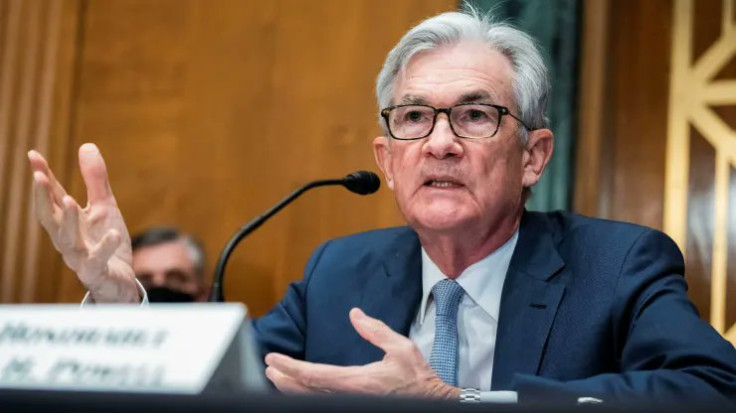
The chairman of the U.S. central bank has issued a warning that policymakers may hike interest rates more quickly and significantly than initially anticipated in an effort to stabilize the market.
Following the comments, which came just a few weeks before the bank is scheduled to make another rate announcement, U.S. markets plummeted, and the dollar rose. Many analysts had anticipated an additional 0.25 percentage point rise.
The statements, though, imply that the bank could act more aggressively.
In response to prices rising at the quickest rate in decades, the Fed increased its benchmark rate during the past year to more than 4.5%, the highest rate since 2007, BBC reported.
America's inflation rate, which measures the rate at which prices rise, was 6.4% in January.
While that is lower than it was, it is still far greater than the 2% rate that is seen as healthy, and Mr. Powell said that policymakers had been concerned by recent data that suggests that progress may be stagnating.
🚨 Fed. Chair Jerome Powell Says the U.S. is Heading Towards a Big Problem w/ Our Economy
— Chief Nerd (@TheChiefNerd) March 7, 2023
"The problem is that we are on a path where the debt is growing substantially faster than the economy and that's, by definition in the long run, unsustainable" pic.twitter.com/ijIj96707l
According to Powell, this could force the bank to raise rates above the 5% to 5.5% those officials had predicted in December.
One mechanism to stop price increases in the larger economy is to increase borrowing costs.
"The latest economic data have come in stronger than expected, which suggests that the ultimate level of interest rates is likely to be higher than previously anticipated," Mr. Powell said in Congress during the first of two days of testimony on the economy.
"If the totality of the data were to indicate that faster tightening is warranted, we would be prepared to increase the pace of rate hikes," he added.
Lawmakers, particularly those on the left, reacted negatively to the comments.
According to them, the actions would result in a slowdown in the economy and the loss of millions of jobs while doing little to address the causes of inflation, such as the conflict in Ukraine and supply chain problems.
"You are gambling with people's lives," said Senator Elizabeth Warren, a Democrat from Massachusetts, who also blamed the inflation problem on price-gouging by companies.
If the bank did nothing, the economy would be in worse shape, according to Mr. Powell.
American prices unexpectedly increased by 0.5% from December to January, and monthly reports on retail sales and hiring have also been better than anticipated.
Officials of the Federal Reserve hope that by increasing borrowing costs, the demand for loans for homes, other purchases, and corporate expansions will decline.
This will help to cool the economy and relieve pressures pushing up prices.
In rate-sensitive parts of the economy, notably the housing market, the actions have already caused substantial slowdowns.
Mr. Powell said officials would be looking carefully at incoming data as they make their decision.
"The upshot is that not only are interest rates set to rise higher than we previously anticipated but there is a lot less scope for rate cuts later this year than we had originally thought," Andrew Hunter, deputy chief U.S. economist for Capital Economics wrote in a note following the testimony.
New York's early afternoon trade on Tuesday saw the Dow Jones Industrial Average fall by 1.6%, while the S&P 500 was down about 1.4%.
© 2025 Latin Times. All rights reserved. Do not reproduce without permission.




